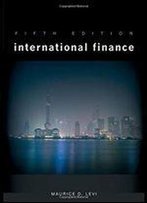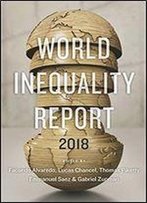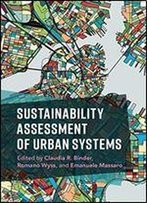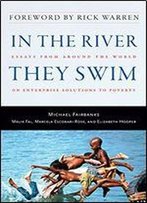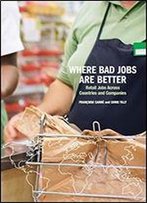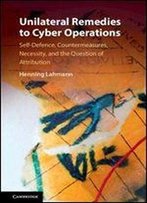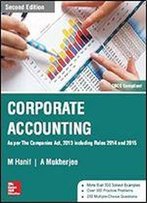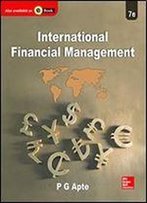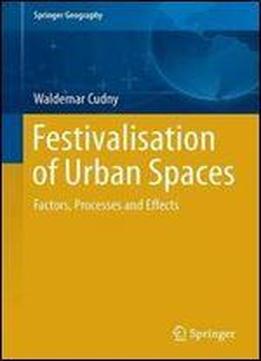
Festivalisation Of Urban Spaces: Factors, Processes And Effects (springer Geography)
by Waldemar Cudny /
2016 / English / PDF, DjVu
3.2 MB Download
This is a multi-disciplinary scientific monograph referring to urban geography, urban regions management, event studies, tourism geography, cultural anthropology and sociology. It covers issues which are typically related to the most popular type of events: festivals. This book studies the origins, history, and the main factors of festival development, as well as the concept of a festival in the context of various scientific disciplines. It presents the existing festival typologies as well as the author's own comprehensive typology. The theoretical part concerns the basic research methods and approaches used in the analysis of these events, as well as their impacts on the urban space in the physical (festival facilities), social (a place where people may pursue their interests, meet with family and friends) and cultural aspect. The economic aspect of festivals (generating jobs and income from tourism, using festivals for city branding, etc.) is also discussed. The book presents practical examples in sub-chapters, references to literature (further reading) and the case study of the influence of festivals on urban space management and urban development, using the example of Lodz – a Polish post-socialist city. It may also be treated as a supplementary course book for students of urban geography, urban regions management, tourism, event management and, to a certain extent, anthropology of culture and sociology.
Authors: Cudny, Waldemar
The book presents the role of festivals in relation to the urban spaces
Provides the overview of the origins, history, and the main factors of festival development
Presents the case study of the city of Lodz, Poland
Provides a model for studying the role of festivals in the development of the city space
Multidisciplinary work, intended for a wider audience
Comprehensive and multifaceted publication, which covers both theoretical and practical issues regarding festival studies
This is a multi-disciplinary scientific monograph referring to urban geography, urban regions management, event studies, tourism geography, cultural anthropology and sociology. It covers issues which are typically related to the most popular type of events: festivals. This book studies the origins, history, and the main factors of festival development, as well as the concept of a festival in the context of various scientific disciplines. It presents the existing festival typologies as well as the author's own comprehensive typology. The theoretical part concerns the basic research methods and approaches used in the analysis of these events, as well as their impacts on the urban space in the physical (festival facilities), social (a place where people may pursue their interests, meet with family and friends) and cultural aspect. The economic aspect of festivals (generating jobs and income from tourism, using festivals for city branding, etc.) is also discussed. The book presents practical examples in sub-chapters, references to literature (further reading) and the case study of the influence of festivals on urban space management and urban development, using the example of d a Polish post-socialist city. It may also be treated as a supplementary course book for students of urban geography, urban regions management, tourism, event management and, to a certain extent, anthropology of culture and sociology.
Number of Illustrations and Tables
4 b/w illustrations, 20 illustrations in colour
Topics
Economic Geography
World Regional Geography
Public Administration
Sociology, general
